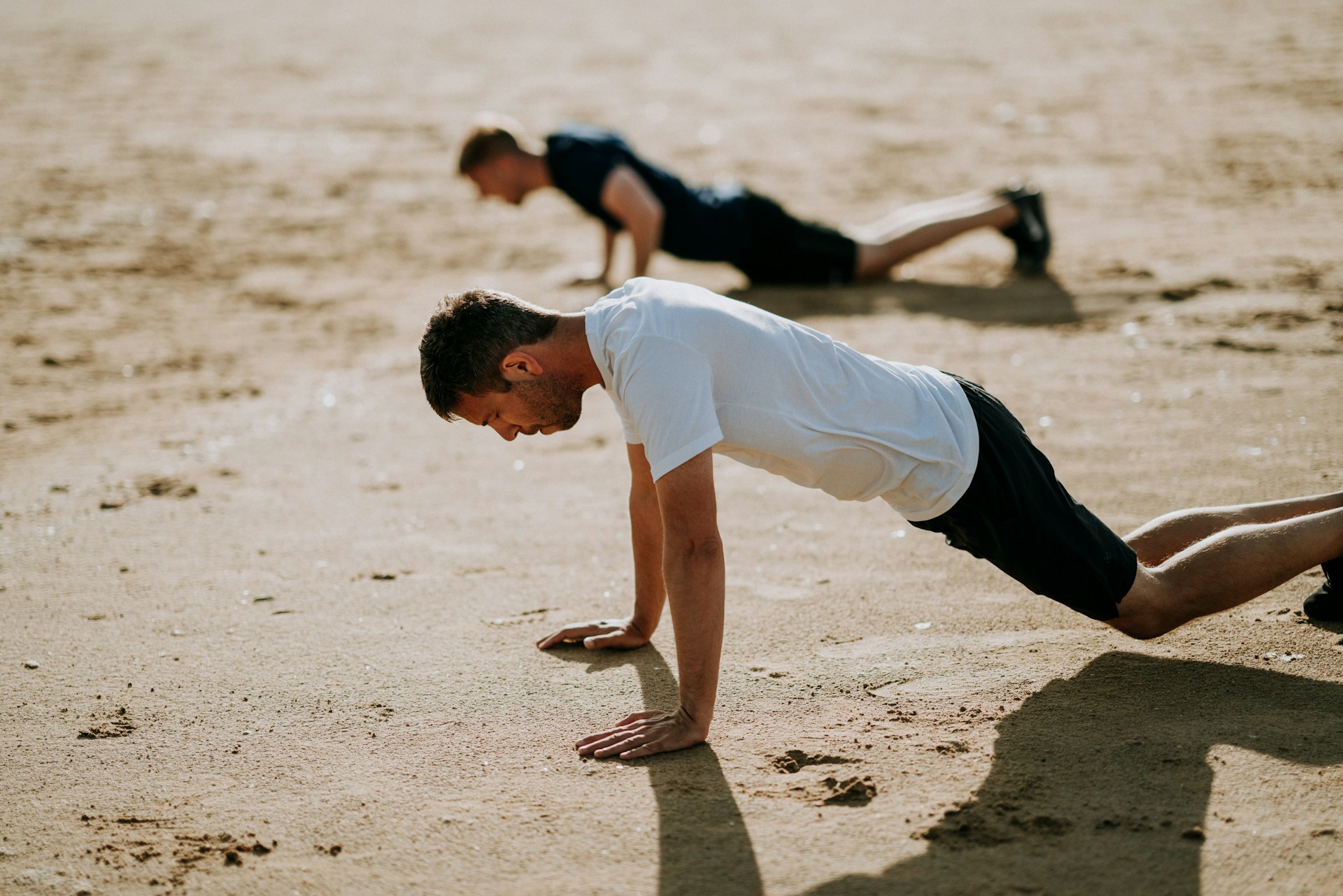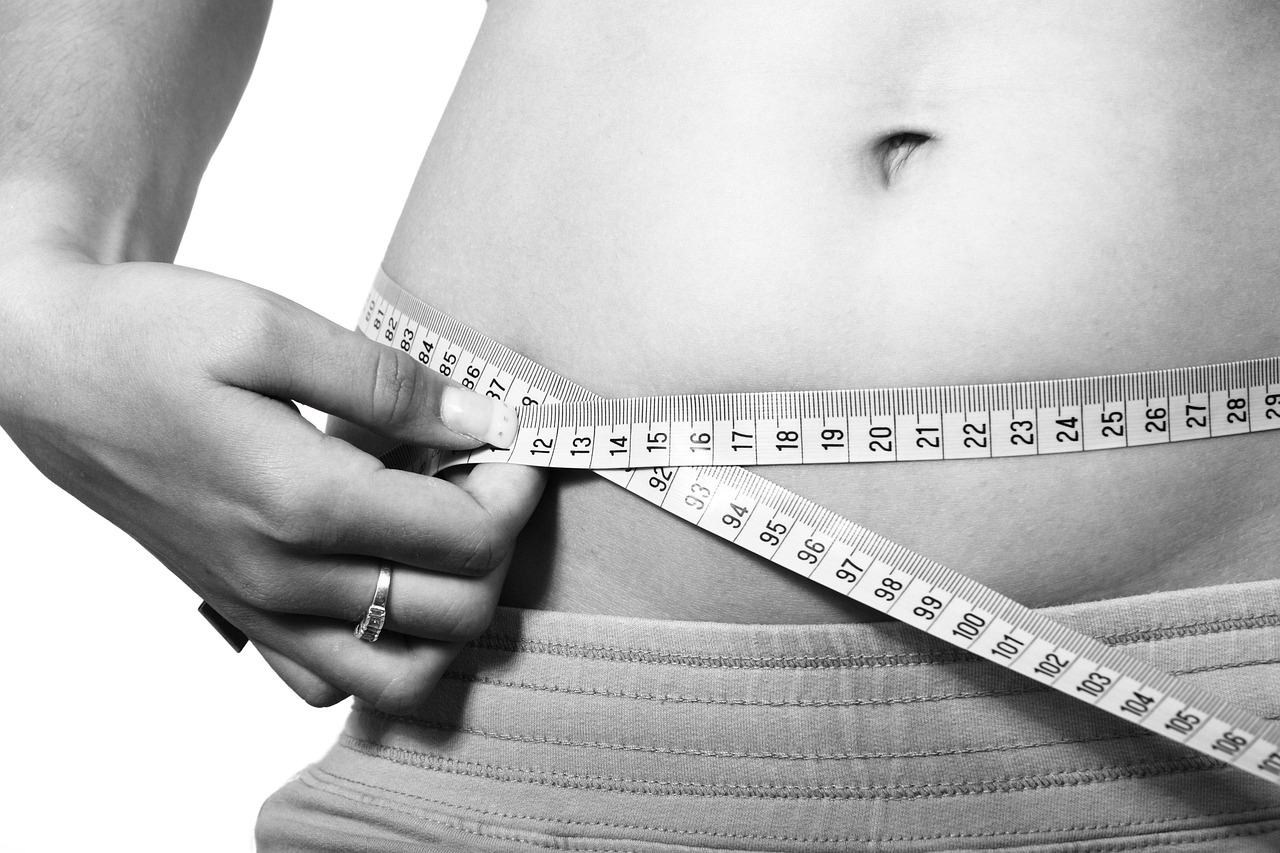How Does Physical Activity Affect Resting HEART RATE?
Regular physical activity offers a series of significant benefits for our physical health, today we will talk about the positive effect on the pulse, that is, the work of the heart.
How would cardiovascular health improve if regular physical activity were practiced?
The heart is a muscle and like all other muscles in the body, it becomes stronger and more efficient with regular exercise. In any physical activity, and especially in the one of greater intensity, the muscles in the body help in the circulation of blood in the body.
Namely, regular exercise improves the muscles’ ability to use oxygen from the blood. In this way, part of the heart’s burden is released to pump more blood to the muscles, that is, its work is partially facilitated.
During exercise, the heart’s contractions accelerate, and thus the circulation itself increases. Over time, the need for blood to the muscles increases, so the body, to follow these needs, accelerates the heartbeat and increases the force with which the heart muscle performs the contraction.
In this way – through a faster pulse and stronger contractions, the heart meets the increased need for oxygen and blood. This strengthens the heart muscle and gradually improves its function.

How does physical activity affect heart rate?
Physical fitness, especially through aerobic exercise, reduces resting heart rate by improving the efficiency of the cardiovascular system. When you do regular aerobic activities, such as running, cycling, or swimming, your heart becomes stronger and better able to pump blood.
Over time, these activities increase the size and strength of the heart chambers. A stronger heart muscle can pump a larger blood volume with each contraction, so it doesn’t have to beat as often to meet the body’s needs for oxygen and nutrients.
This increase in volume (the amount of blood pumped with each beat) allows the heart to maintain adequate blood flow with fewer beats, thus lowering the resting heart rate.
Studies suggest that lower resting heart rates are associated with reduced cardiovascular stress, lower blood pressure, and reduced risk of diseases including hypertension and myocardial infarction.
In this way, physical fitness and exercise not only strengthen the heart but also contribute to a more efficient and healthy cardiovascular system, which can significantly improve overall health and longevity.














Post Comment